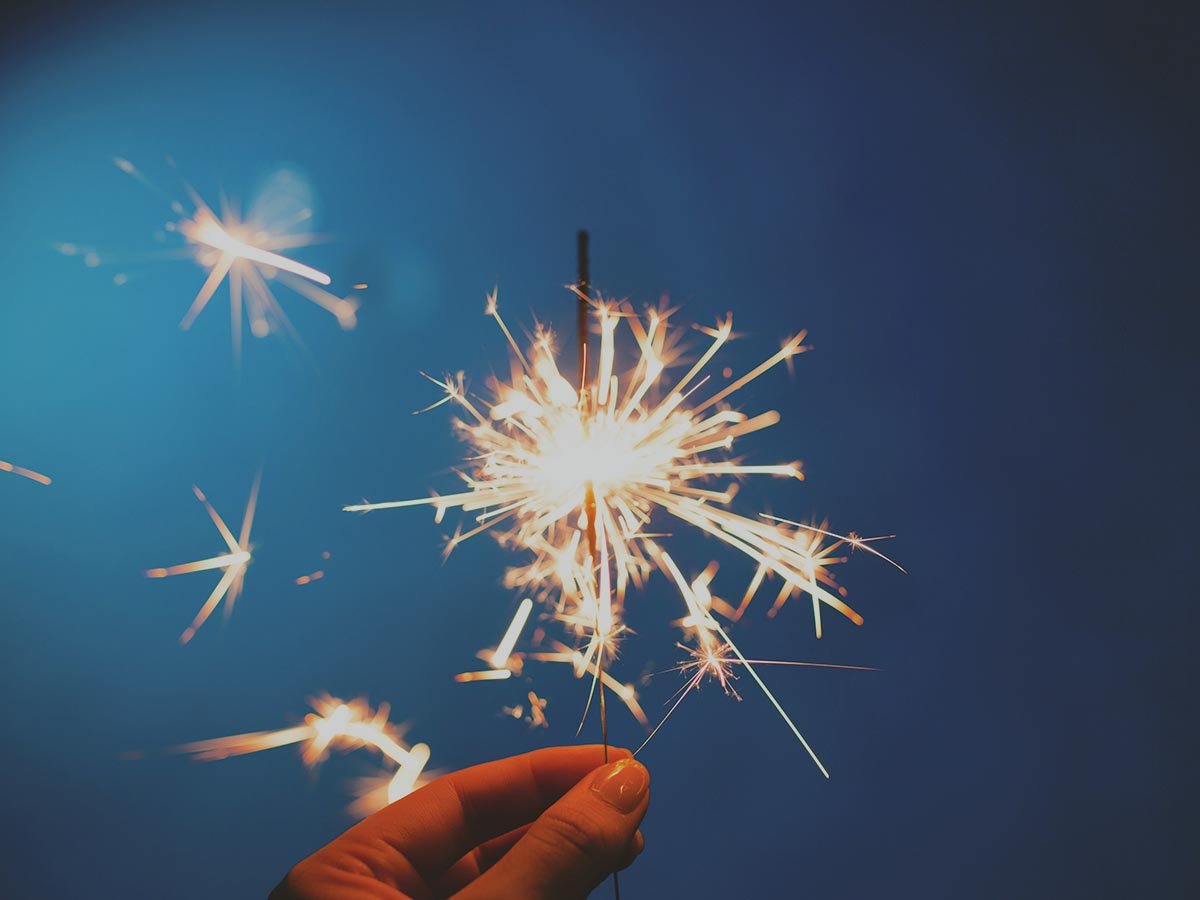HOW TO GET THE ESSENTIALS DONE
Have you ever been overwhelmed with too many things to do, not knowing how to prioritize? Do you feel like your life is cluttered with commitments and you never have time to do what's important? If your answer is "yes," you are in good company. I must confess, this describes many of my Monday mornings.
The Book that Rocked my World
Personally, I find myself constantly trying to organize my life in order to accomplish more. One book that has really impacted me recently is “Essentialism: The Disciplined Pursuit of Less” by Gregg McKeown. According to his website, “The Way of the Essentialist involves doing less, but better, so you can make the highest possible contribution”.
A Matter of Choice
Essentialism is about being proactive, taking charge of one’s life and prioritizing. In the end,
If you don’t set your
priorities and plan your life,
others will do it for you.
According to McKeown, essentialism is: "A disciplined, systematic approach for determining where your highest point of contribution lies, then making execution of those things almost effortless."
The Art of Saying "No"
This discipline has to do with the ability to eliminate what is not priority in our lives. You probably have more things to do and more opportunities to do good than time to do them. If we are serious about serving God and our neighbor, there are more needs to be met than our limited abilities. How do we decide what to do and what not to do? I see two possibilities:
1. Do the Next Thing. That’s the reactive approach. We keep following opportunities and meeting needs as they come. We may get a lot of checks on our to-do list, but we won’t necessarily do the most important thing.
2. We Learn to Say “No.” Here is the difficult part. To get the top priority things done, we will have to say “no” to some good things.
Eliminate the Clutter
We now live in a connected world where every day a growing number of people have influence over our lives. In the author’s own words, “Our connectedness has increased the strength of social pressure. It’s not just information overload, but opinion overload.”
The result is like a cluttered closet, full of clothes and shoes we never wear, but don’t have the courage to get rid of.
All About Focus
In the end, “almost everything is noise, and a few things are exceptionally valuable.” So, becoming an Essentialist is, in essence (pardon the pun), identifying a few valuable things, the priorities in our lives, and then making two commitments:
1. Prioritizing what's important.
2. Saying “no” to everything else.
Is it Even Possible?
Of course, the million-dollar question is: Can this actually be done? Of course, the book’s answer is a resounding “yes.” If you want to have your own opinion, you will just have to read the book. My take is that even if you do not become a full convert, we can (and should) begin to set priorities and make the difficult decisions to eliminate some things in our lives. This will allow a clearer focus on the important few.
“We can all purge our lives of the nonessential and embrace the way of the essentialist – in our own ways, and in our time, and on our own scale.”














Data and information are essential for knowing how effective your organization or ministry is, but knowing the right data to measure is the most important key to your success.